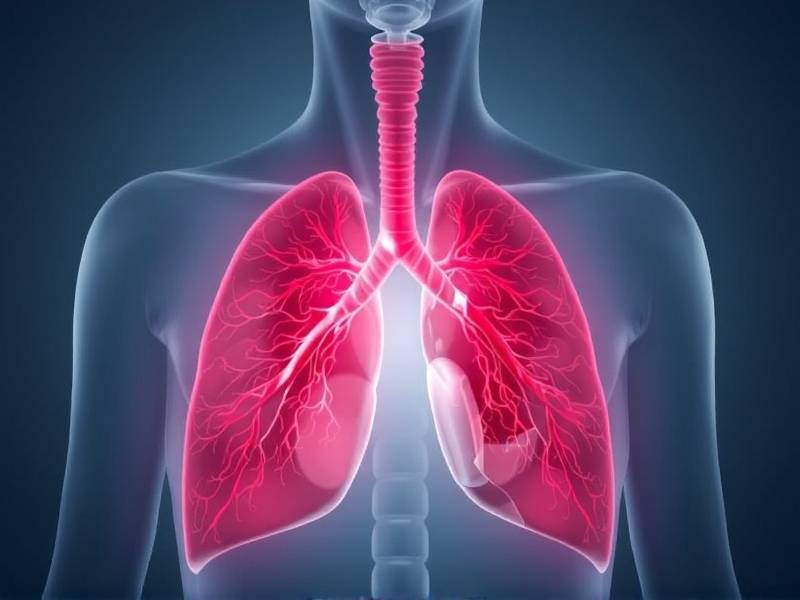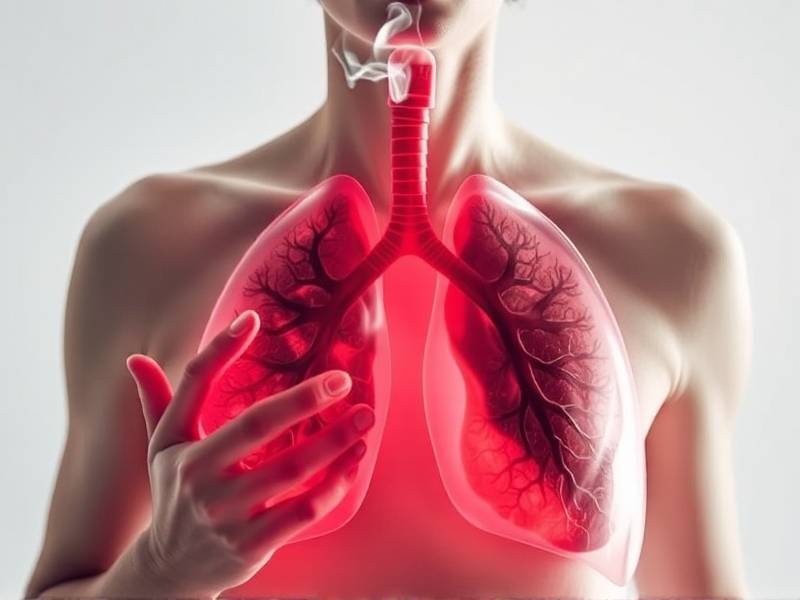Can You Feel Short of Breath After Quitting Smoking? The Truth About Lung Health
Can You Feel Short of Breath After Quitting Smoking? The Truth About Lung Health
Introduction: Quitting smoking is a significant step towards improving one's health. However, many individuals may experience various withdrawal symptoms after quitting, including shortness of breath. In this article, we delve into the truth about lung health and explore whether shortness of breath is a common symptom after quitting smoking.
Understanding Shortness of Breath After Quitting Smoking

- Temporary Breathing Issues: It is not uncommon to experience shortness of breath in the initial stages of quitting smoking. This temporary condition can be attributed to several factors:
- Cilia Restoration: Cilia are tiny hair-like structures that line the airways and help remove mucus and particles from the lungs. When you quit smoking, these cilia begin to restore their function, leading to increased mucus production and a temporary feeling of breathlessness.
- Bronchial Spasm: Nicotine causes bronchial spasm, narrowing the airways. As you quit smoking, these spasms may occur as your body adjusts to reduced levels of nicotine.
- Improved Lung Function Over Time: While shortness of breath may be a concern in the early days after quitting, it is essential to remember that your lung function will gradually improve over time:
- Cilia Recovery: With continued abstinence from smoking, cilia will fully recover their function within a few weeks or months.
- Airway Relaxation: As nicotine withdrawal subsides, your bronchial muscles will relax, leading to improved airflow and reduced breathing difficulties.
The Importance of Lung Health

- Long-Term Benefits: Quitting smoking has numerous long-term benefits for lung health:
- Reduced Risk of Chronic Obstructive Pulmonary Disease (COPD): COPD is a progressive lung disease that affects millions worldwide. Quitting smoking significantly reduces your risk of developing COPD.
- Improved Oxygenation: Your lungs will become more efficient at oxygenating your blood as you continue to avoid smoking.
- Monitoring Your Lung Health: It is crucial to monitor your lung health regularly after quitting smoking:
- Regular Check-ups: Consult with your healthcare provider for regular check-ups and pulmonary function tests.
- Lifestyle Modifications: Engage in activities that promote lung health, such as exercising regularly and avoiding exposure to secondhand smoke.
Conclusion:
Shortness of breath can indeed occur after quitting smoking but is typically temporary. As you continue to avoid tobacco products, your lung function will improve significantly over time. Prioritizing lung health through regular check-ups and lifestyle modifications can further enhance your well-being post-quitting. Embrace the journey towards better respiratory health by staying committed to戒烟 and taking care of your lungs!
